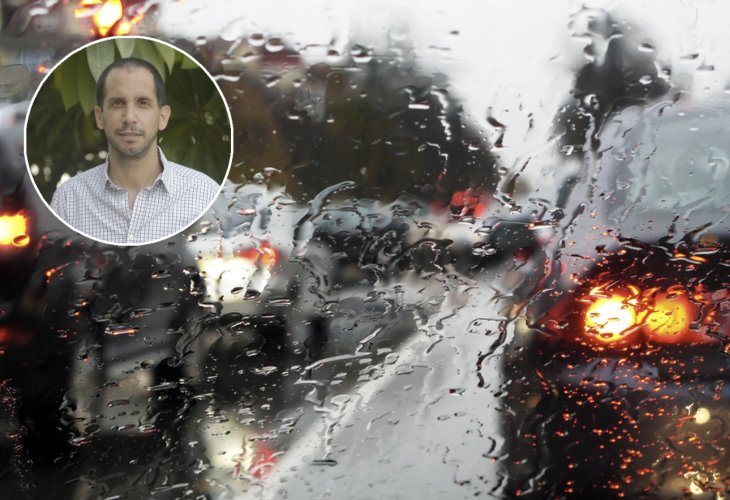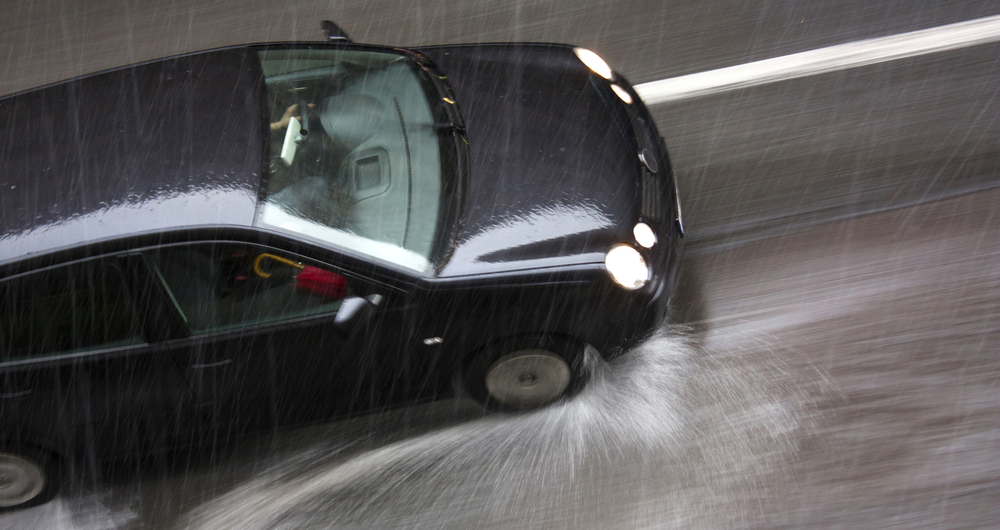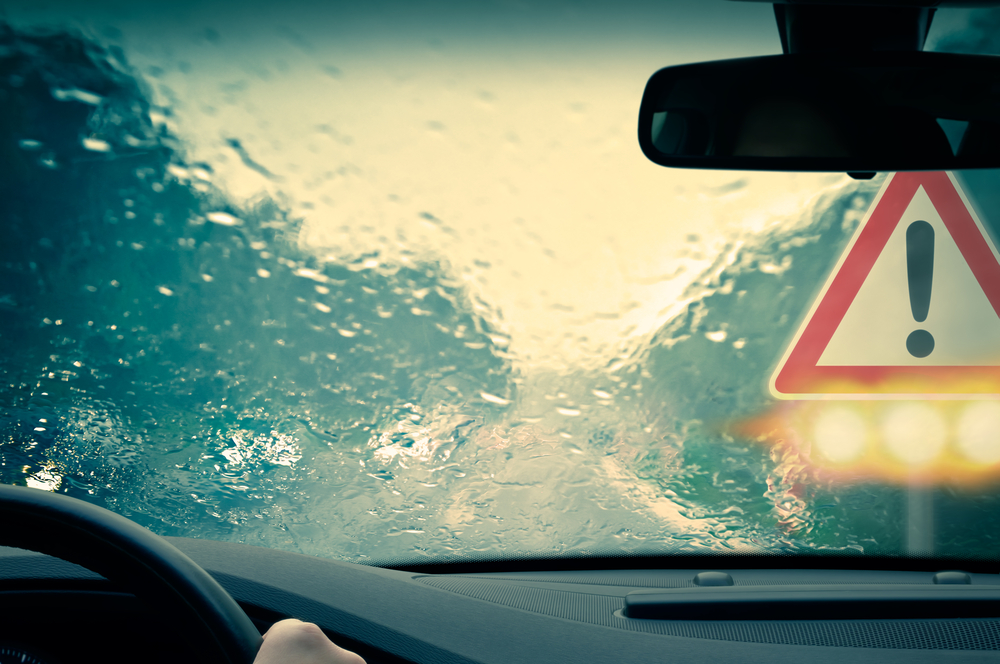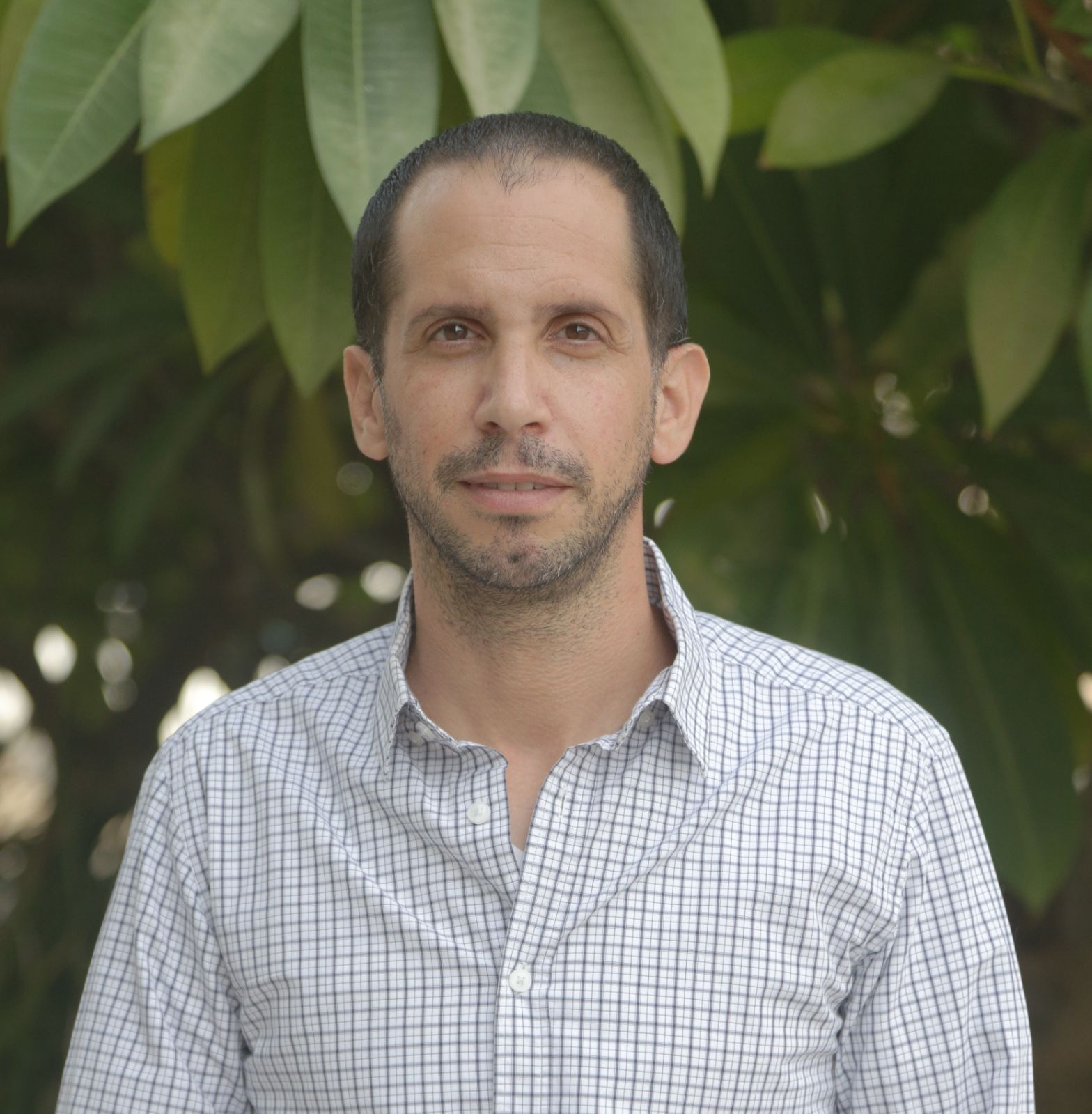Attorney Yaniv Yaakov: "In Winter, Almost Every Day Someone Dies in a Traffic Accident"
Driving in winter is more challenging, more dangerous, and leads to more road accidents. Attorney Yaniv Yaakov, Deputy Director of Or Yarok, offers tips and advice to help you safely navigate the winter season with Hashem's help. A must-read.
 In the circle: Attorney Yaniv Yaakov (background photo: shutterstock)
In the circle: Attorney Yaniv Yaakov (background photo: shutterstock)Eliahu has always considered himself a cautious driver. He knew to stop at rest areas whenever he was tired, never overtook on roads without a clear view, and avoided entering intersections at the last moment. In short, he preferred to lose a moment in life rather than lose a life in a moment.
But last winter, Eliahu realized that being cautious wasn't enough, as the road presented many dangers beyond his control. "It happened on my way from Jerusalem to the north," he recalls. "My children were sleeping in their safety seats, my wife was sitting next to me, and we were chatting calmly. It was pouring rain outside, and I was driving particularly slowly. Even though the road was an interurban one, I didn't exceed 80 km/h."
 (Illustration photo: shutterstock)
(Illustration photo: shutterstock)Then, suddenly, without any warning, it happened: "The car started spinning and veered off the lane," Eliahu describes. "I turned the steering wheel to the opposite direction, but the car just didn't respond to me. It 'flew' to the opposite lane, which luckily was empty, spun again, and then slid to the roadside and hit the safety barrier."
Eliahu shudders as he recalls the events. "The feeling is terrible," he explains. "Since the car stopped facing the opposite direction, I had to quickly turn it around and get back on the road. The whole incident happened in less than two minutes, but it was a tangible fear. The great miracle was that no car was passing nearby because I'm not sure anyone would have noticed me in the dark and under such poor driving conditions."
The only damage Eliahu mentions is the broken rear lights of the car. "Beyond that, thank Hashem, nothing happened, not even my children who were still asleep in the back felt anything."
But he learned one thing: "Besides blessing 'Thank Hashem for the miracle in this place' every time I pass there, I also drive in the winter with caution that's hard to describe in words. True, not everything is in my hands, but at least I want to know that I've done everything within my control."
A Life-Threatening Danger
How dangerous driving in the winter can be is explained by Attorney Yaniv Yaakov, Deputy Director of Or Yarok, who provides troubling statistics: "In winter, almost every day someone dies in a road accident," he notes. "Even though it's hard to compare the number of road accidents to those in the summer, since people drive less in winter, one thing is clear – driving in winter is far more dangerous and therefore claims more victims."
 (Photo: shutterstock)
(Photo: shutterstock)Why is it more dangerous?
"Winter changes our entire spatial awareness," he explains, "and this affects several things – primarily the reduction of daylight hours as it gets dark earlier. While in the summer people got used to picking up their kids from kindergartens while it was still light and running their errands during the day, now these things extend into the dark hours, where driving is problematic and challenging.
"Additionally, winter driving often involves rain, fog, winds, etc. This means the driver has to deal with additional tasks while driving, both cognitive and physical. Another thing that happens in winter – cold weather causes drivers to close windows and heat their cars well. Such a situation on long trips increases the risk of significant fatigue, which could lead to nodding off or falling asleep at the wheel."
Yaakov wishes to emphasize another point: "It's commonly argued that driving after the first rain is the most dangerous, but the truth is throughout the first few weeks following that first rain, the danger remains heightened because the rains wash off all the oils and dirt absorbed into the road during the summer. They don't evaporate instantly; it's a process we're still in now, a very dangerous few weeks."
And it's not just the physical conditions that characterize us as human drivers, but the roads themselves become very dangerous during winter. "The roads are wet and slippery," Yaakov emphasizes, "and they pose a high risk and loss of control.
"Drivers in Israel are used to driving in pleasant weather conditions," he concludes. "For most months of the year, they have good lighting and nice weather. Winter presents them with challenges they are not always prepared for."
Take Responsibility into Your Own Hands
According to Attorney Yaakov, the consequences are severe: "Based on data from the Central Bureau of Statistics, last winter, 9,334 people were injured in road accidents. Further data shows that during these months, 136 people were killed in road accidents, and 869 were seriously injured. This means that during the five winter months of the past year, almost every day someone was killed in a road accident."
 Attorney Yaniv Yaakov
Attorney Yaniv YaakovHe also wants to address pedestrians: "Pedestrians become very vulnerable during rainy days and especially during dark hours. They become very vulnerable at such times because it's hard to notice them. Hitting a pedestrian can be deadly even at low speeds."
Most of what you mentioned is beyond our control. How can we still prevent accidents?
"Alertness, alertness," emphasizes Yaakov. "It's crucial to check the vehicle before winter starts to ensure all components – tires, brakes, etc. – are in good condition. Beyond that, there are also things that are the responsibility of the state, and it is obliged to ensure that road infrastructures are safe, that there is enough lighting, and that protective barriers and railings are proved to significantly prevent accidents.
"Additionally, in winter, it's essential to adapt your driving style to changing road conditions. Drive slowly, reduce driving speed by at least 10 km/h and increase the distance from the vehicles in front. It's advisable to leave a window slightly open to let fresh air in, preventing fog and a sense of fatigue. It's very important to keep headlights on while driving on interurban roads both day and night, and when there is fog, ensure the appropriate lights are on throughout all hours of the day. Of course, also make sure that wipers are functional and that there is water in the wiper reservoir. I wish all drivers and all citizens of Israel to travel and return safely, and that there will be a drastic change in the severe statistics this winter."

